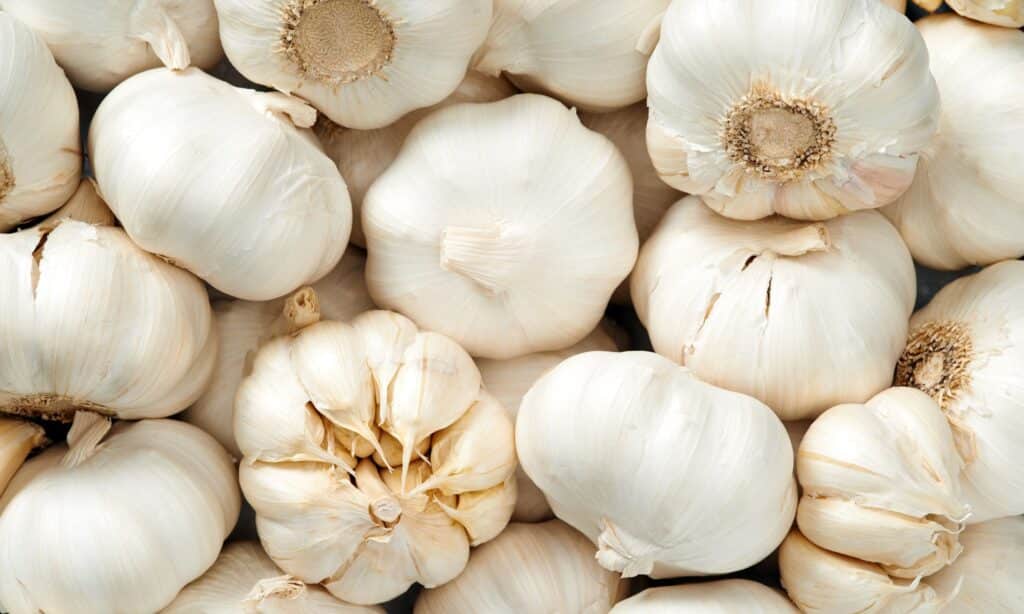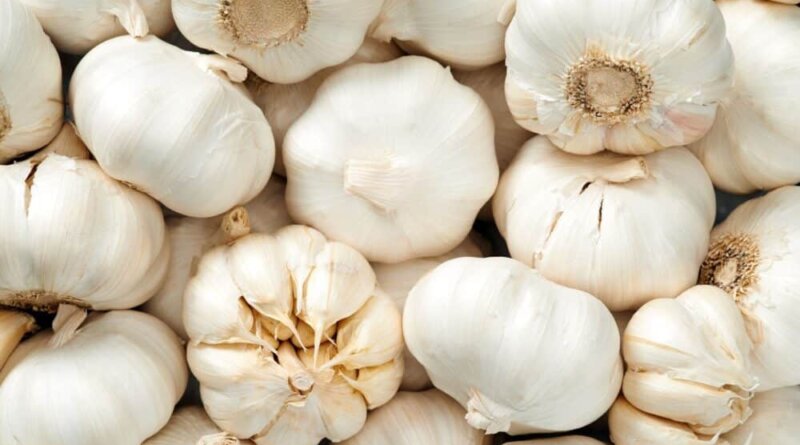How Poisonous is Garlic for Dogs?

Garlic is a tasty flavoring that we use when cooking. Aside from that, it can help with the prevention of heart disease, high cholesterol and high blood pressure. However, it’s not the same for dogs. It can be tasty and tempting but it’s dangerous to them. If eaten and not treated immediately, it may result in death.
Garlic is classified as a species of the Allium family. Onions, shallots, leeks, and chives are its other close relatives in the Allium family. Due to the compounds found in them called disulfides and thiosulfates, consuming them is toxic to dogs and cats. Heinz body anemia, methemoglobinemia, and hemolytic anemia are all indications of damage to red blood cells and are brought on by the consumption of garlic. In essence, the components in garlic have the ability to make the red blood cells circulating through the body of your pet extremely fragile and prone to rupture.
Some signs of garlic poisoning in dogs include vomiting, diarrhea, drooling, abdominal pain, weakness, lethargy and panting.
The amount of garlic that can cause undesirable changes in a dog’s blood is between 15 and 30 grams of garlic per kilogram of body weight.
But be aware that it could take some time for the signs of garlic poisoning to show up. The symptoms may take a few days to appear, so it is best to call the vet right once if you suspect your dog has consumed too much garlic and still acts normal.
And when you think feeding your dog garlic bread is okay because of the small amount of garlic that can be found in it, you’re wrong. It typically includes considerable amounts of butter, oil, cheese, and herbs in addition to garlic, all of which can cause stomach discomfort in dogs. Additionally, this meal provides your pet with no nutritional benefits and is a source of needless calories and fat.
Despite the fact that garlic is known to be harmful, some websites and dog owners suggest garlic supplements for dogs as part of a natural wellness regimen or as a flea and tick repellent. This contradiction can be highly perplexing. Garlic as a health supplement for pets hasn’t consistently worked well in studies.



